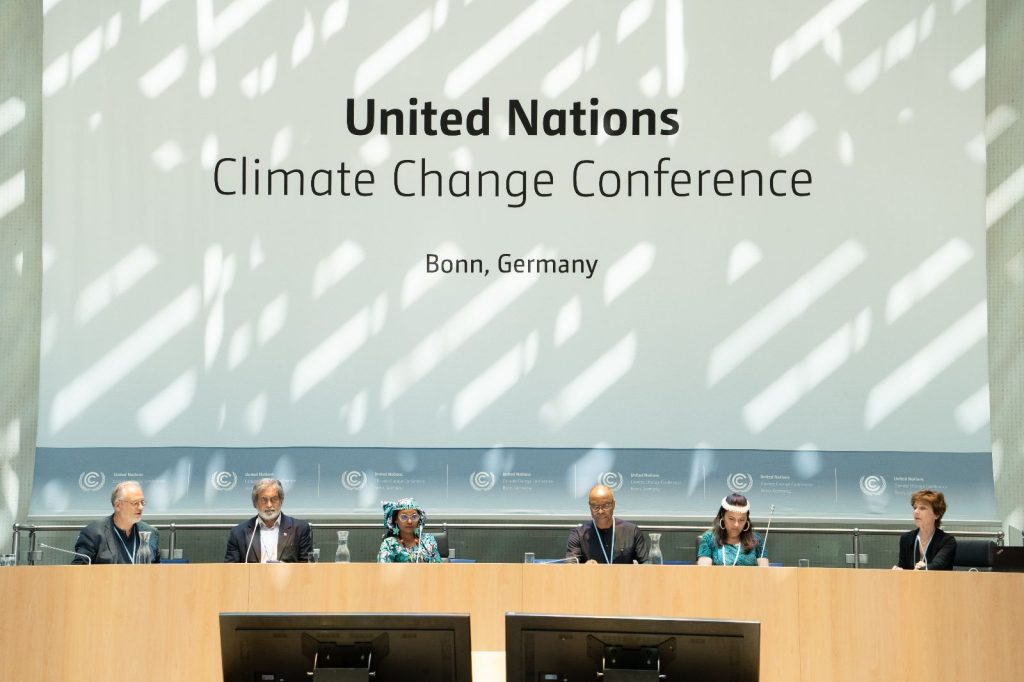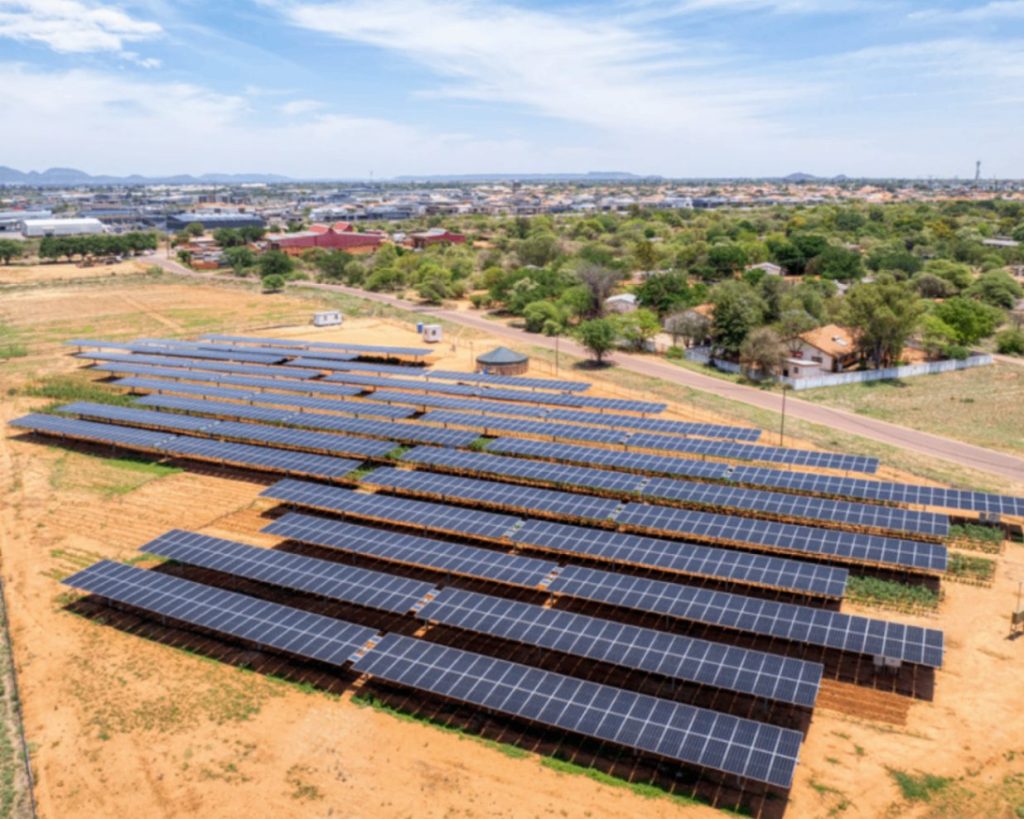On 7 July 2023, after two weeks of difficult negotiations 175 countries within the International Maritime Organisation (IMO) agreed to new emission reduction targets for the shipping industry. Around 90% of global goods are traded via shipping, with it being responsible for approximately 3% of global emissions. The sector has agreed to “strive” to curb emissions by up to 30 per cent by 2030, by up to 80 per cent by 2040, so as to reach net zero “by or around 2050” subject to “national circumstances”. The IMO has also adopted a 2023 Greenhouse Gas Strategy, hailed as a “monumental development” by IMO secretary general Kitack Lim. Although this progression signals continued momentum within and a desire to enhance the response of this sector, the targets themselves have been criticised for lacking ambition and being vague and non-committal. This may have been driven by concerns by some developing countries, including China, that an absolute emission reduction target would be unachievable given difficulties in abating emissions in this sector, and a lack of confidence in a zero emission fuel being produced in time.
The IMO also agreed that a series of candidate measures would be discussed to achieve the targets, including a levy on shipping emissions and a clean fuel standard. The levy is possibly one of the more important and controversial elements and was recently subject to debate within the IMO Marine and Environmental Protection Committee. According to sources, it received mixed responses on the negotiation floor, with China and Brazil apparently concerned that it could increase the costs of transport which may disadvantage states that are geographically removed from their main trading partners. For example, according to Climate Home, Brazil labelled it a “tax on distance”. The position is understandable as a levy likely to harm the competitiveness of Vale’s metal exports to distant markets like China. There is also a concern that the levy is being approached as a burden shift of responsibility for climate finance away from developed countries. The UK, US and Canada are in support of the levy so long as its proceeds are used for in sector (shipping) purposes, and India and the EU also apparently supported its passage.
The African position is less clear. Before negotiations commenced, a group of African countries, including Angola, Gambia, Ghana, Kenya, Liberia, Namibia and Sierra Leone made a submission in support of using a basket of measures to achieve an ambitious decarbonisation target, including a “universal GHG levy”. It was believed that such a levy would create the necessary economic incentive to propel emissions reductions by reducing the price gap between conventional and alternative fuels, and indirectly raise substantial revenue. The submission stated that any revenue should go to developing countries, with priority access for Least Developed Countries and Small Island Developing States to support capacity building, fuel production and port infrastructure development. The position is in line with reported statements by Namibia, backed by Ghana, Kenya and Sierra Leone in May this year, that a net zero shipping sector should be seen as a “development opportunity”. Again, their view was that a levy could help close the price gap between green fuels and cheaper, dirtier fossil fuels. Namibia seems to positioning itself as in favour of the levy for very specific reasons though. It is itself championing green hydrogen production domestically and is positioning itself to be an exporter of the fuel, also taking the position that green hydrogen could be used as a low carbon shipping fuel. As a result it has much to gain from this position, assuming it gets its green hydrogen production and exports right in time.
According to sources inside the room, however, during IMO negotiations no African nations actively spoke out in favour of the levy, leaving other developing countries to lead the floor. It is also questionable whether the development opportunity offered by a levy would be worth it for African countries in the face of wider economic impacts. A 2023 study by the University of Sao Paulo, argued that whilst a “carbon tax”/shipping levy could reduce the sector’s emissions by 7%, it would also impact the global south the most. They conclude that on their modelling, the most penalized regions are located in the African continent. East Africa could expect a negative GDP impact of -1.10%, North Africa -0.24%, South Central Africa -1.00%; “South Africa” -0.41% [assumedly this was meant to be “Southern Africa”]; and West Africa -0.71%. Interestingly, by comparison, Europe and North America could both expect a positive growth in GDP of 0.12% and 0.13% respectively, effectively gaining a windfall from the levy.
Further studies will need to be done to model the impact of any future levy on the African region, taking into account permutations on its amount, application of revenues and any differential treatment between states. Such research could feed into the IMO’s next step, which will be to undertake a comprehensive impact assessment of the various proposed measures (including the levy) which is to be led by UNCTAD. Their preliminary report is due next year, and the next IMO meeting will be in April 2024 where measures will be discussed. In the lead up to this it would be important to consolidate a unified and evidence based African position so that the continent can clearly articulate its needs and positions on the floor, duly supported by independent and robust studies.






